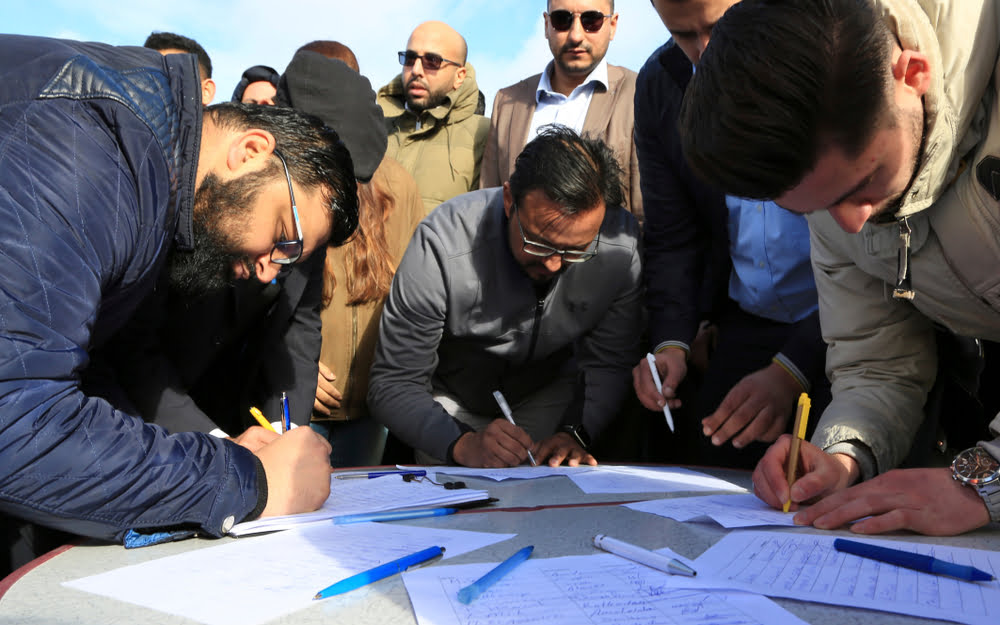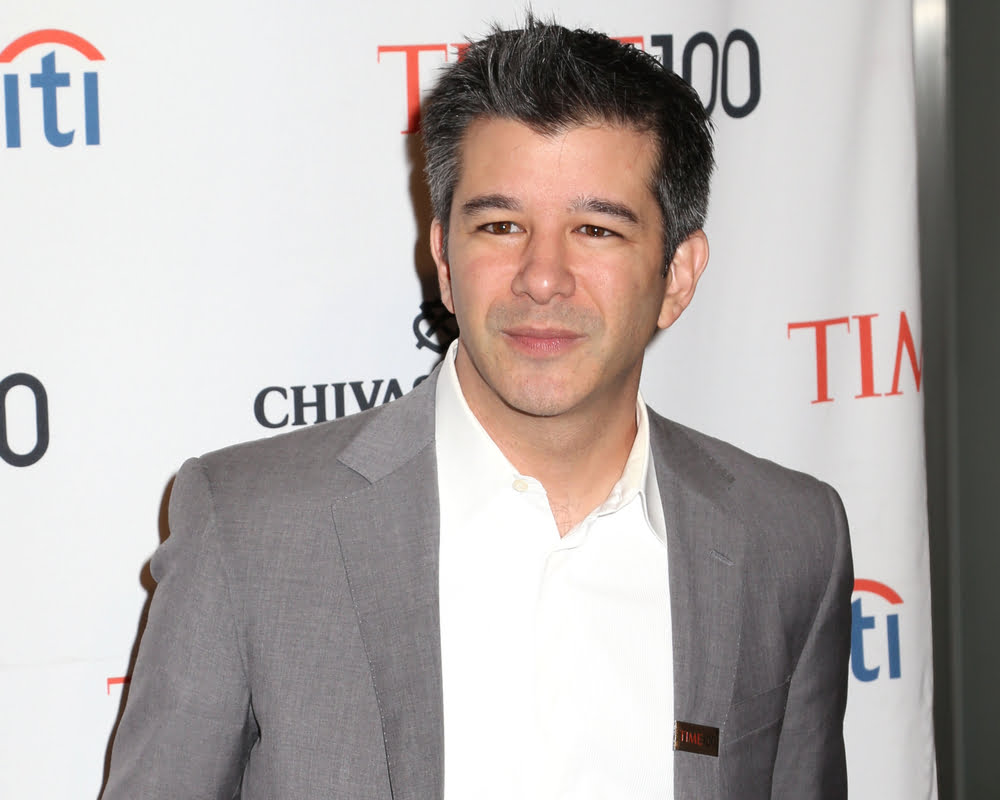Self-interest and favoritism, things work exactly the way you think they're going to work.
Hundreds of leaked files have exposed how Uber bribed top politicians. Leaked files show that Uber has lobbied at the very highest levels of politics to remove resistance to the taxi service. The names of current French president Emmanuel Macron and former Dutch European Commissioner Neelie Kroes are perhaps the most striking. They would help Uber with lobbying. That is the conclusion reached by the International Consortium of Investigative Journalists (ICIJ), which has examined 124.000 internal documents of the technology company.
UberFiles
The data breach spans a period of five years when Uber was run by co-founder Travis Kalanick. He tried to bring the taxi service to cities around the world, even if it meant breaking the laws and taxi regulations. After sorting out 124.000 internal documents such as more than 83.000 e-mails, texts, iMessages and WhatsApp messages from Uber, it also came to light that former European Commissioner and VVD prominent Neelie Kroes secretly used company Uber has lobbied.
Uber has broken laws and secretly lobbied governments. The data shows how Uber sought support during the fierce global protests by discreetly courting prime ministers, presidents, billionaires, oligarchs and media barons. Senior executives at Uber have ordered the use of a "kill switch" to prevent authorities from accessing sensitive data during office raids in at least six countries, leaked files reveal.
The documents reveal, among other things, how, upon arrival in Belgium, Uber immediately sent an international intelligence company to target its two main competitors in the Brussels taxi sector, Taxis Bleus and Taxis Verts.

Files reveal attempts to lobby Joe Biden, Olaf Scholz and George Osborne.
After German Chancellor Olaf Scholz, who was mayor of Hamburg at the time, opposed Uber lobbyists and insisted on paying drivers minimum wages, a director told colleagues he was "a real comedian".
By contrast, according to The Guardian, French President Macron appears to have gone to extraordinary lengths to help Uber, even telling the company that he had struck a secret "deal" with his opponents in the French cabinet. When then US Vice President Joe Biden, then an Uber supporter, was late to meet with the company at the World Economic Forum in Davos, Kalanick texted a colleague: “My people let him know that every minute he is late is a minute less he will have with me.”
The revelations also raise questions for the former British chancellor George Osborne, whose leaked documents suggest he was a private supporter of the US company's efforts to grow its UK business, just as the company was simultaneously positioning itself to avoid future UK taxes.
"There is no excuse for how the company played with people's lives. I am disgusted and ashamed that I was a party to downplaying such violence."
Mark McGann
unethical
Uber, which has made only one annual global profit for the year, had created a corporate structure similar to that of many other US companies, allowing profits to be diverted abroad – often to Amsterdam. The structures, which are legal but arguably unethical, have sparked criticism of some major US companies that employ them to evade UK taxes, including Starbucks and Google.
According to the model, passengers paid millions of pounds in fares from Uber rides in the UK directly to a payment processing company based in the Netherlands. Uber could then argue that profits made on those trips should be taxed offshore – even though the transactions physically took place in the UK – unless HMRC could demonstrate that the global company had a UK corporate presence.
Instead, according to the British newspaper The Guardian, the British company mainly received its revenue from the taxi app Amsterdam sister company, which the London company paid for "marketing services" - resulting in £59,5 million in revenue and £54,9 million in expenses in 2017, according to accounts filed with Companies House.

The Uber files are a global investigation based on a trove of 124.000 documents leaked to the Guardian. The data consists of emails, iMessages and WhatsApp exchanges between the top executives of the Silicon Valley giant, as well as memos, presentations, notebooks, briefing papers and invoices.
The leaked data spans 40 countries and spans 2013 to 2017, the period when Uber expanded aggressively around the world. They reveal how the company has broken the law, duped police and regulators, exploited violence against drivers and secretly lobbied governments around the world.
To facilitate a global investigation in the public interest, The Guardian shared the data with 180 journalists in 29 countries through the International Consortium of Investigative Journalists (ICIJ). The investigation was led by the Guardian with the ICIJ. In the Netherlands, the research was conducted by Dirk Waterval and Martijn Roessingh (Trouw), Gaby de Groot and Johan Leupen (The Financial Times) and Romy van der Burgh, Linda van der Pol and Karlijn Kuijpers (Platform Investico).



